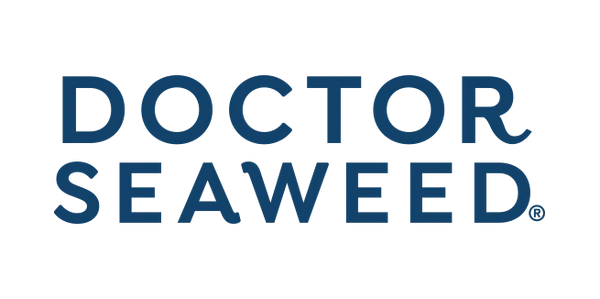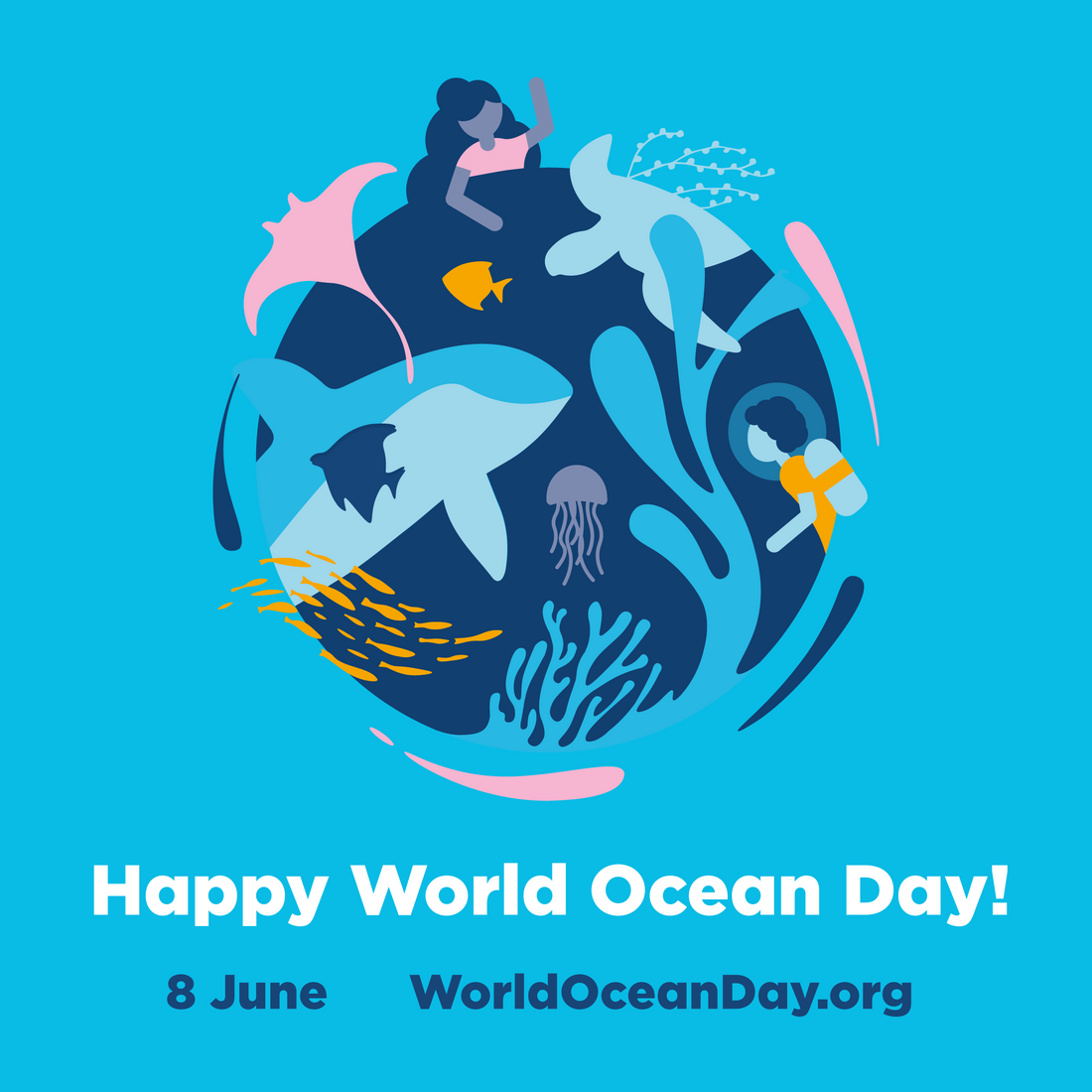Seaweed has a significant role to play in supporting our environment
It’s June, which means it’s once again time to celebrate World Ocean Day. Next Tuesday, 8th June, marks the day of the year when we should all take the time to contemplate the importance of our oceans, and their increasingly endangered health.
Of course, this is an important topic to consider all year round, but World Ocean Day and their 30 by 30 initiative to protect 30% of the world's oceans by 3030 is there to remind us all not to take the health of our seas for granted. The slogan of this year’s event is ‘one ocean, one climate, one future – together’; a powerful plea to continue the fight against climate change.[1] 
The health of our oceans is intrinsically linked to the health of the planer overall. After all, a staggering 71% of the world’s surface is water, and the ocean holds about 96.5% of all the world’s water.[2]
So maybe it’s no surprise that the world’s most famous marine plant – seaweed – has a significant part to play in helping us combat the negative effects of climate change. We’re going to take a closer look at the role of seaweed in sustainability, as well as highlighting our own commitment to sustainable seaweed farming.
Is seaweed the key to fighting climate change?
Like any other plant life, seaweed take in carbon and expel oxygen, making it a valuable asset for protecting the environment. However, the environmental impact of seaweed goes much deeper than this. For one thing, seaweed’s exponential growth rate means it can absorb huge quantities of carbon. Research has shown that a kelp forest can absorb as much as 20 times more carbon dioxide from the atmosphere than the same area of forest on land.[3]
Seaweed farming is ecologically beneficial thanks to its ability to add oxygen to the water and filter seawater of excess nutrients . This helps to address issues such as terrestrial agricultural run-off – the waste of agricultural elements.[4] Some companies are already utilising seaweed for this very purpose, with Pacific Reef Fisheries in Queensland, Australia using seaweed to filter fish farm waste to produce clean waste water. The nutrients of the waste water are also used to grow seaweed, which is then processed into fertiliser.[5]
Around the world, seaweed is being used for multiple applications, from healthy eating and plastic replacement to sustainable feed for cattle and livestock, and even as a sustainable food source.[6]
Our sustainable seaweed farming process
At Weed & Wonderful, we’re proud to be part of the sustainable seaweed revolution, putting environmental consideration at the forefront of our seaweed farming process. Our Natural Organic Hebridean Ascophyllum Seaweed is sustainably wild harvested around the remote islands of the Scottish Outer Hebrides. Not only does this ensure quality in the final product, but these pristine waters are also carefully monitored and managed, with exclusive harvesting rights from the Crown Estate.
Our seaweed is carefully dried and milled using International Patent Pending technologies, creating a fully traceable production process. Having our dedicated manufacturing operation allows us full control and traceability throughout our supply chain, ensuring quality.
The wide range of nutrition and safety tests we carry out include unique DNA Authentication, which makes sure that every batch of seaweed we farm has full traceability and authenticity.[7]
This all helps to add to our vision of delivering health and wellness to the masses through the production of sustainable seaweed.
Discover Doctor Seaweed’s Weed & Wonderful® organic seaweed capsules for yourself today by shopping on our site. You can even subscribe to regular orders and save 15% every time you buy!
References:

